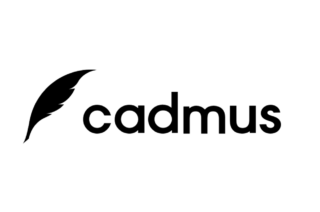How do I devise effective assessment?

In a nutshell
Effective assessment of student performance against the intended learning outcomes of a course unit / programme is an essential part of University education.
Effective assessment can take many forms, including:
- Summative (assessment of learning) – marks contribute to the final grade, including coursework and examinations.
- Formative (assessment for learning) – used to improve student performance, usually through feedback and/or feedforward.
- Peer – peer assessment has been shown to provide valuable and different feedback to that from tutors, and enhance student understanding of assessment requirements.
- Self – develops important transferable skills in students and has been shown to improve overall student performance.
- Group – group work helps develop employability-related skills in addition to those specific to the subject matter.
- Online – saves marking time and can provide instant feedback; the use of rubrics (online marking schemes) aids the consistency and speed of marking and feedback.
- MCQs – are often thought of as limited to testing simply recall of facts, however, careful design of questions can provide a more varied and robust measure of a range of types of learning. MCQs have the advantage of being generally suitable for online delivery and automatic marking, so can be used for both formative purposes and summative examination.
- Practicals – practicals can be used for formative and/or summative assessment – there is a FSE Practical Teaching Group that meet regularly to share good practice. Also see this Lab-based Teaching (pdf, 780 KB) resource.
Key research / evidence / case studies
Research spans several fields, including education and cognitive science.
- Self-assessment improves learning. (Black and Wiliam 1998).
- Assessment redesign with technology can result in improved learning, higher student satisfaction and more efficient use of staff time. (Re-engineering Assessment Principles (REAP) Project, 2007).
- Formative assessments produce the more powerful effect on student learning. (Black and Wiliam 1998).
- The testing effect (testing with proper feedback improves later recall; re-study has no effect) (Karpicke, J. D.; Blunt, J. R. 2011).
- The Assessment of Group Work: lessons from the literature, Graham Gibbs, 2009.
- Peer Assessment Between Students in Colleges and Universities, K Topping, 1998.
- Online Exams Guide, FSE eLearning, 2019.
Relevant University policies and procedures
A framework and policies exist at University level, in addition to Faculty and local guidance and practices.


